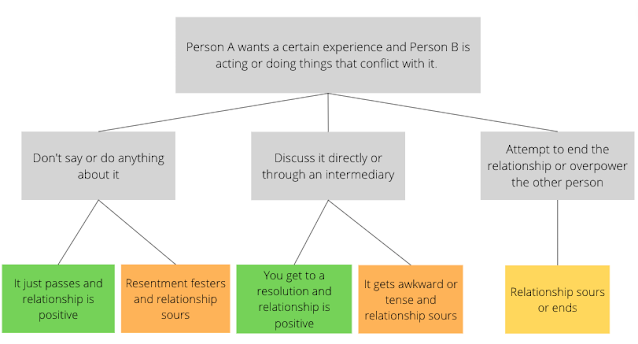Growing a tree
If you are a farmer, you want a high yield from your crops. But if you are not a professional, you plant trees just because. You want the tree to take root, grow, bloom, and be healthy. You don’t have expectations about how tall the tree grows, what shape it takes, or how much fruit it yields. You don’t compare it to other trees. You just want it to be, and you take joy in its being. You care, but you don’t control. You enjoy the presence, not some performance. Unless you are a professional child-rearer, the same philosophy applies to parenting. It’s about creating the right conditions for growth rather than dictating the outcome. When you parent with this mindset, you nurture without imposing, support without shaping, and trust the natural course of development. This feels like a more fulfilling and less stressful parenting experience. Instead of anxiously measuring milestones or comparing achievements, you can simply enjoy the unfolding of your child’s unique journey and be...





